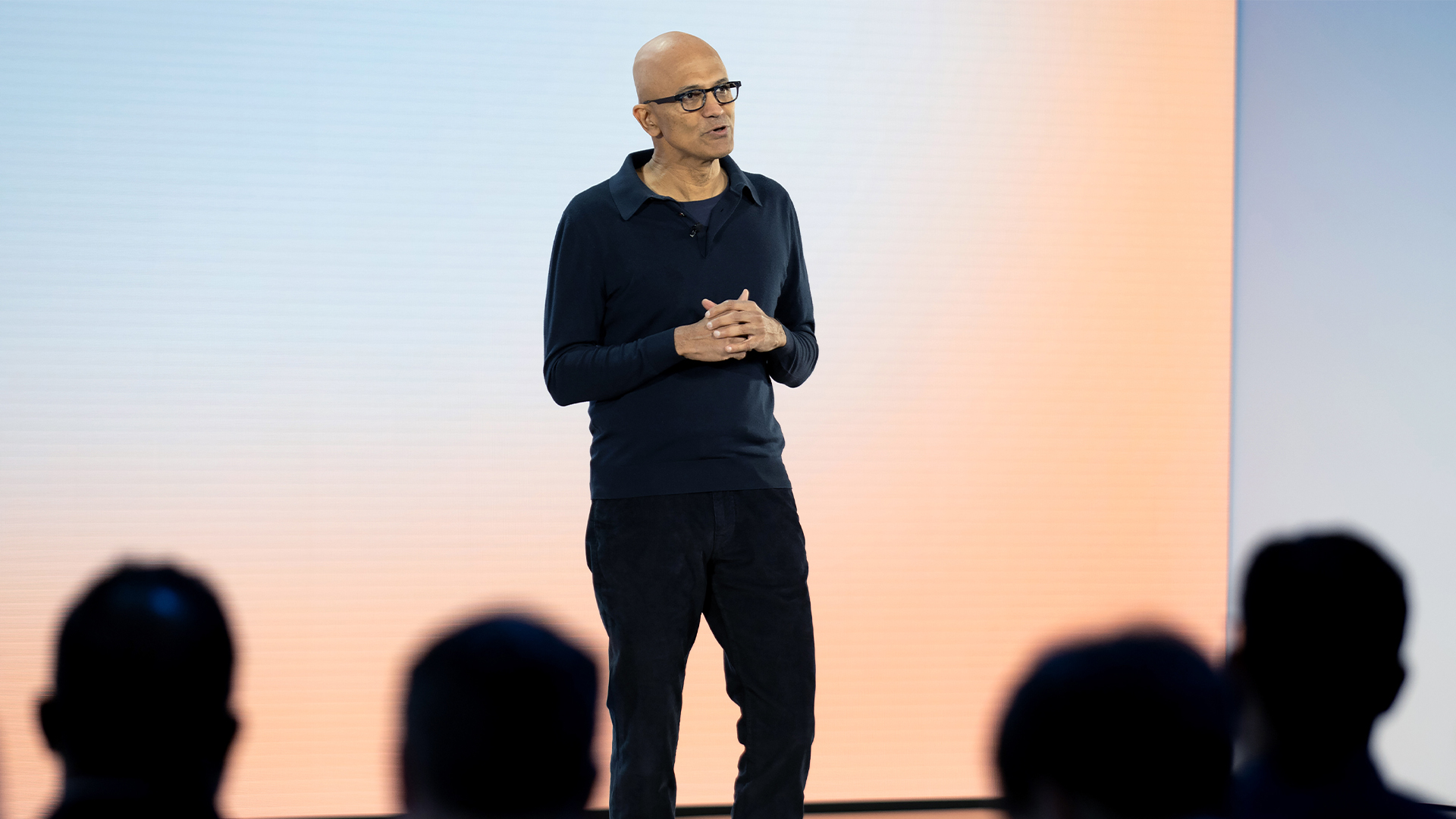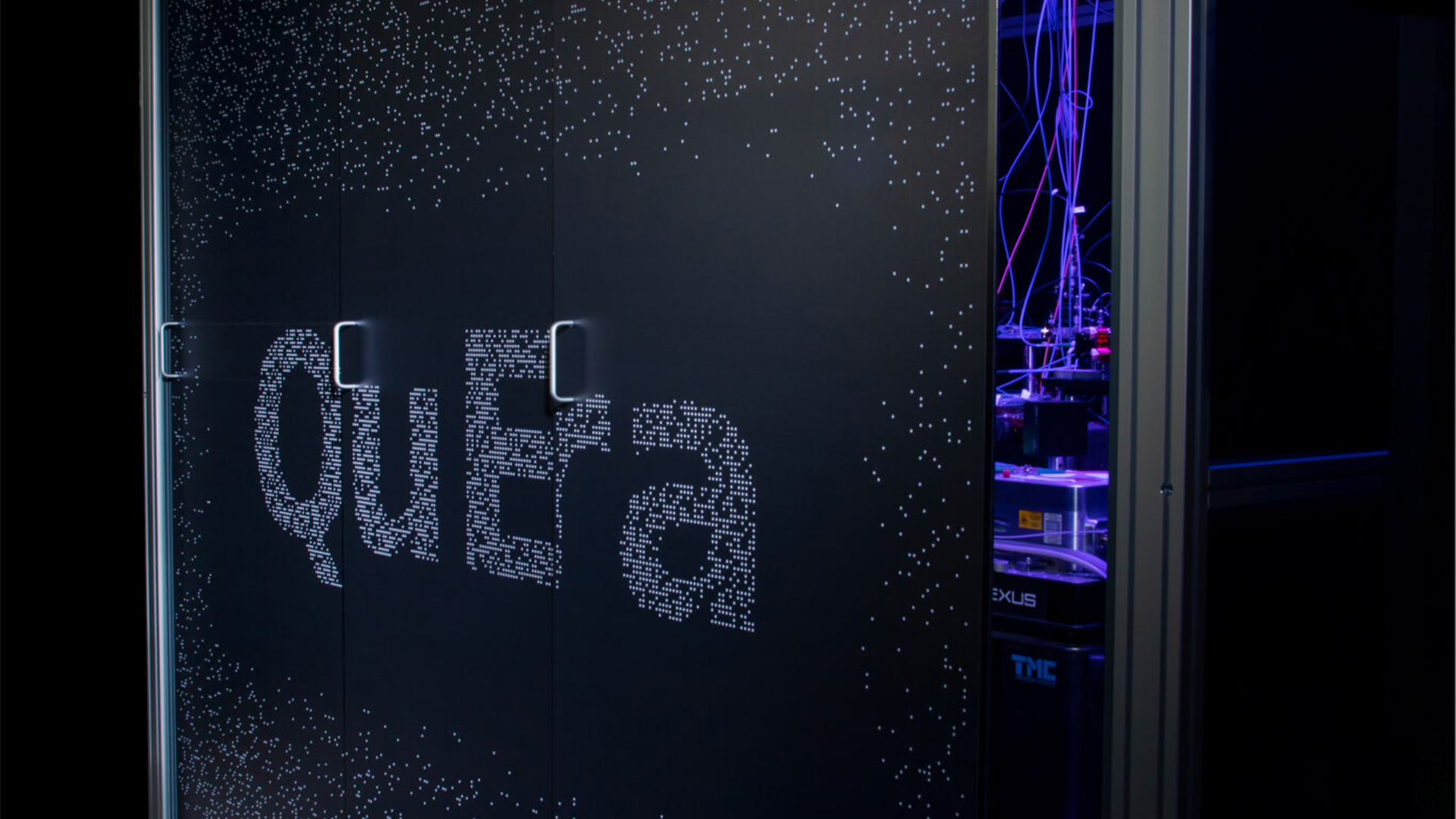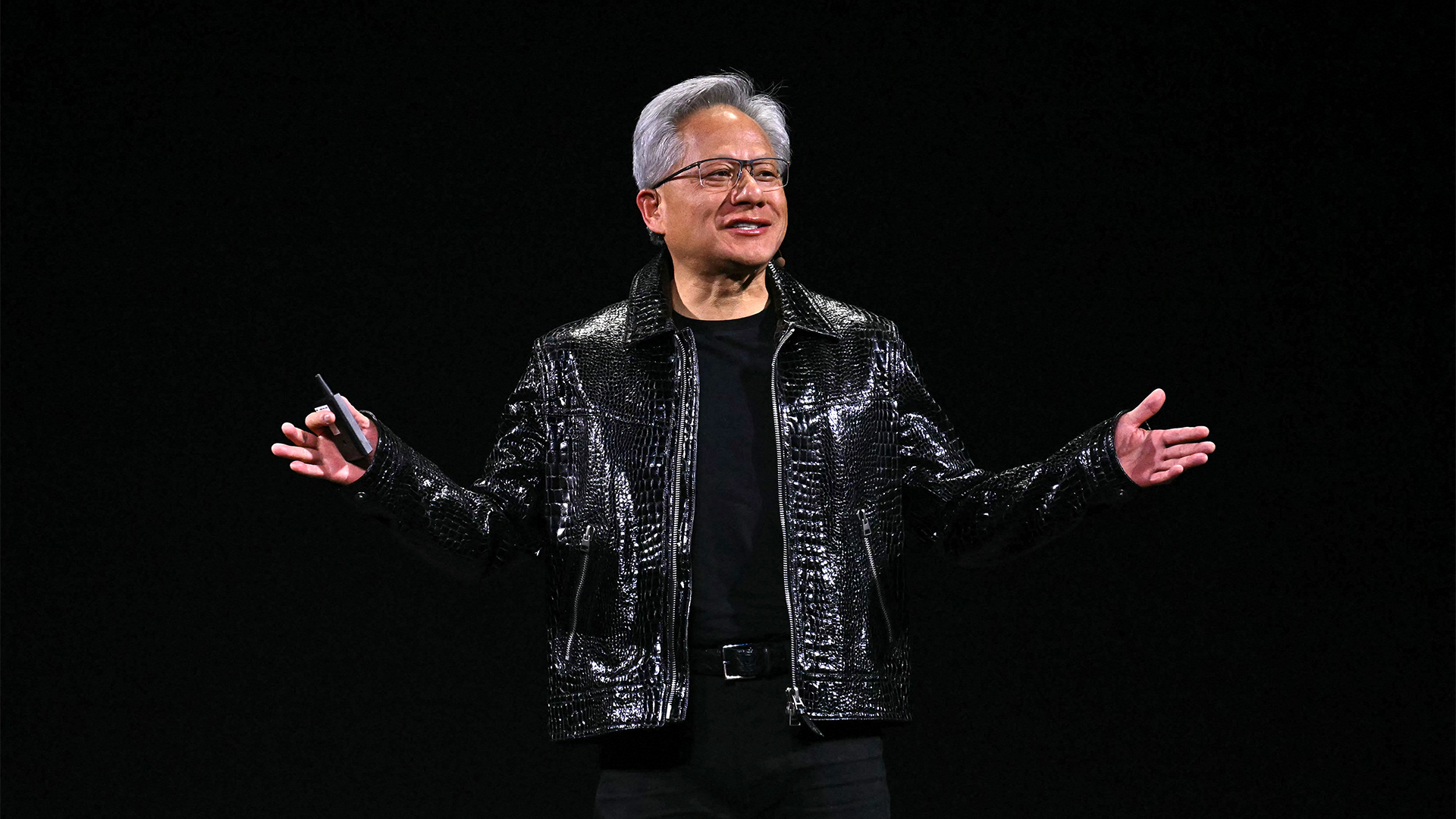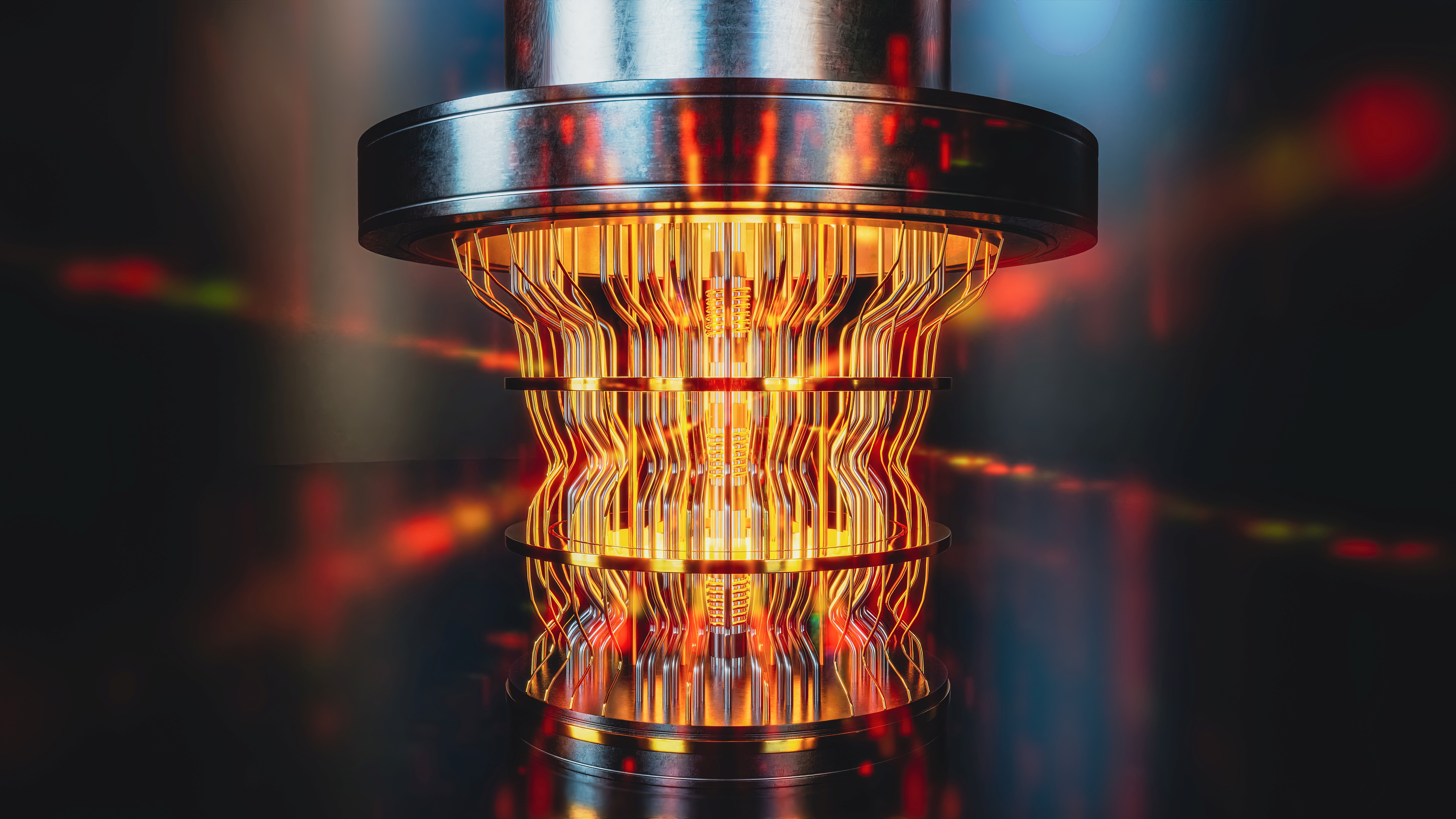Graphcore unveils most complex processor yet
The new IPU features a record-breaking 59.4 billion transistors


UK-based AI computing startup Graphcore has unveiled its new 7nm intelligence processing unit (IPU) which features 59.4 billion transistors, making it the “most complex” chip processor “ever made”.
The Colossus Mk2 GC200, which claimed the title from previous record-holder Nvidia’s A100 GPU, at 54 billion transistors, is also capable of integrating 1,472 separate IPU-Cores and executing 8,832 separate parallel computing threads.
According to Graphcore, each of its IPU processor cores gets a performance boost from a set of the company’s novel floating-point technologies called AI-Float.
“By tuning arithmetic implementations for energy and performance in Machine Intelligence computation, we are able to serve up one PetaFlop of AI compute in each IPU-Machine M2000 1U blade,” said Graphcore co-founder & CEO Nigel Toon.
“Our Colossus IPUs are unique in having support for Stochastic Rounding on the arithmetic that is supported in hardware and runs at the full speed of the processor. This allows the Colossus Mk2 IPU to keep all arithmetic in 16-bit formats, reducing memory requirements, saving on read and write energy and reducing energy in the arithmetic logic, while delivering full accuracy Machine Intelligence results,” he said.
In a blog post announcing the Mk2 GC200, Toon explained that each IPU is capable of providing 250 TeraFlops of AI compute performance at a precision rounded up stochastically to FP16.16 and FP16.SR.
The launch of the new IPUs coincides with the reveal of Graphcore’s new IPU-M2000 1U blade system, which is designed for handling large amounts of workload due to its 448GB of exchange DRAM, fits four Mk2 GC200 chips, offering up to 1 PetaFLOPS of FP16.16/FP16.SR.
Get the ITPro daily newsletter
Sign up today and you will receive a free copy of our Future Focus 2025 report - the leading guidance on AI, cybersecurity and other IT challenges as per 700+ senior executives
Professor Andrew Briggs of the Department of Materials at the University of Oxford said that the institution was “tremendously excited by the announcement of Graphcore’s next generation IPU technology, and the associated computational power that will propel us further and faster into the future of quantum computing”.
“Our early work with Graphcore’s IPU has resulted in dramatic performance gains, thanks to its raw computing power, and the way it manages classic AI challenges such as sparsity,” he added.
Graphcore announced that its IPU-Machine M2000 systems are currently available to pre-order, with full production volume shipments starting in the fourth quarter of this year.
Having only graduated from City University in 2019, Sabina has already demonstrated her abilities as a keen writer and effective journalist. Currently a content writer for Drapers, Sabina spent a number of years writing for ITPro, specialising in networking and telecommunications, as well as charting the efforts of technology companies to improve their inclusion and diversity strategies, a topic close to her heart.
Sabina has also held a number of editorial roles at Harper's Bazaar, Cube Collective, and HighClouds.
-
 Should AI PCs be part of your next hardware refresh?
Should AI PCs be part of your next hardware refresh?AI PCs are fast becoming a business staple and a surefire way to future-proof your business
By Bobby Hellard
-
 Westcon-Comstor and Vectra AI launch brace of new channel initiatives
Westcon-Comstor and Vectra AI launch brace of new channel initiativesNews Westcon-Comstor and Vectra AI have announced the launch of two new channel growth initiatives focused on the managed security service provider (MSSP) space and AWS Marketplace.
By Daniel Todd
-
 The UK government wants quantum technology out of the lab and in the hands of enterprises
The UK government wants quantum technology out of the lab and in the hands of enterprisesNews The UK government has unveiled plans to invest £121 million in quantum computing projects in an effort to drive real-world applications and adoption rates.
By Emma Woollacott
-
 ‘This is the first event in history where a company CEO invites all of the guests to explain why he was wrong’: Jensen Huang changes his tune on quantum computing after January stock shock
‘This is the first event in history where a company CEO invites all of the guests to explain why he was wrong’: Jensen Huang changes his tune on quantum computing after January stock shockNews Nvidia CEO Jensen Huang has stepped back from his prediction that practical quantum computing applications are decades away following comments that sent stocks spiraling in January.
By Nicole Kobie
-
 ‘We’ve created an entirely new state of matter’: Satya Nadella hails Microsoft’s 'Majorana' quantum chip breakthrough
‘We’ve created an entirely new state of matter’: Satya Nadella hails Microsoft’s 'Majorana' quantum chip breakthroughNews Microsoft has unveiled a new chip it says could deliver quantum computers with real-world applications in ‘years, not decades'.
By Emma Woollacott
-
 QuEra Computing just raised $230 million to pioneer “fault-tolerant” quantum computing – and it even got Google’s seal of approval
QuEra Computing just raised $230 million to pioneer “fault-tolerant” quantum computing – and it even got Google’s seal of approvalNews QuEra Computing has raised $230 million in funding to drive development of 'fault tolerant' quantum computers, receiving backing from Google and SoftBank.
By Ross Kelly
-
 We’re optimistic that within five years we’ll see real-world applications’: Google thinks it’s on the cusp of delivering on its quantum computing dream – even if Jensen Huang isn't so sure
We’re optimistic that within five years we’ll see real-world applications’: Google thinks it’s on the cusp of delivering on its quantum computing dream – even if Jensen Huang isn't so sureNews Nvidia CEO Jensen Huang sent shares in quantum computing firms tumbling last month after making comments on the near-term viability of the technology.
By Ross Kelly
-
 Why quantum computing might be much closer to becoming a reality than we think
Why quantum computing might be much closer to becoming a reality than we thinkIn-depth Quantum computing has always been ‘just a few years away’, but the industry’s latest developments show we could be within touching distance of a breakthrough
By Richard Speed
-
 Dell CTO: AI is nothing compared to the oncoming quantum storm
Dell CTO: AI is nothing compared to the oncoming quantum stormInterview Dell CTO John Roese says it's 'disturbing' how badly prepared businesses are to make the most of AI, with poorly curated data fueling current models
By Rory Bathgate
-
 What is exascale computing?
What is exascale computing?Explainer Exascale computing marks a step change in computing performance and could have benefits across a range of industries
By Ross Kelly